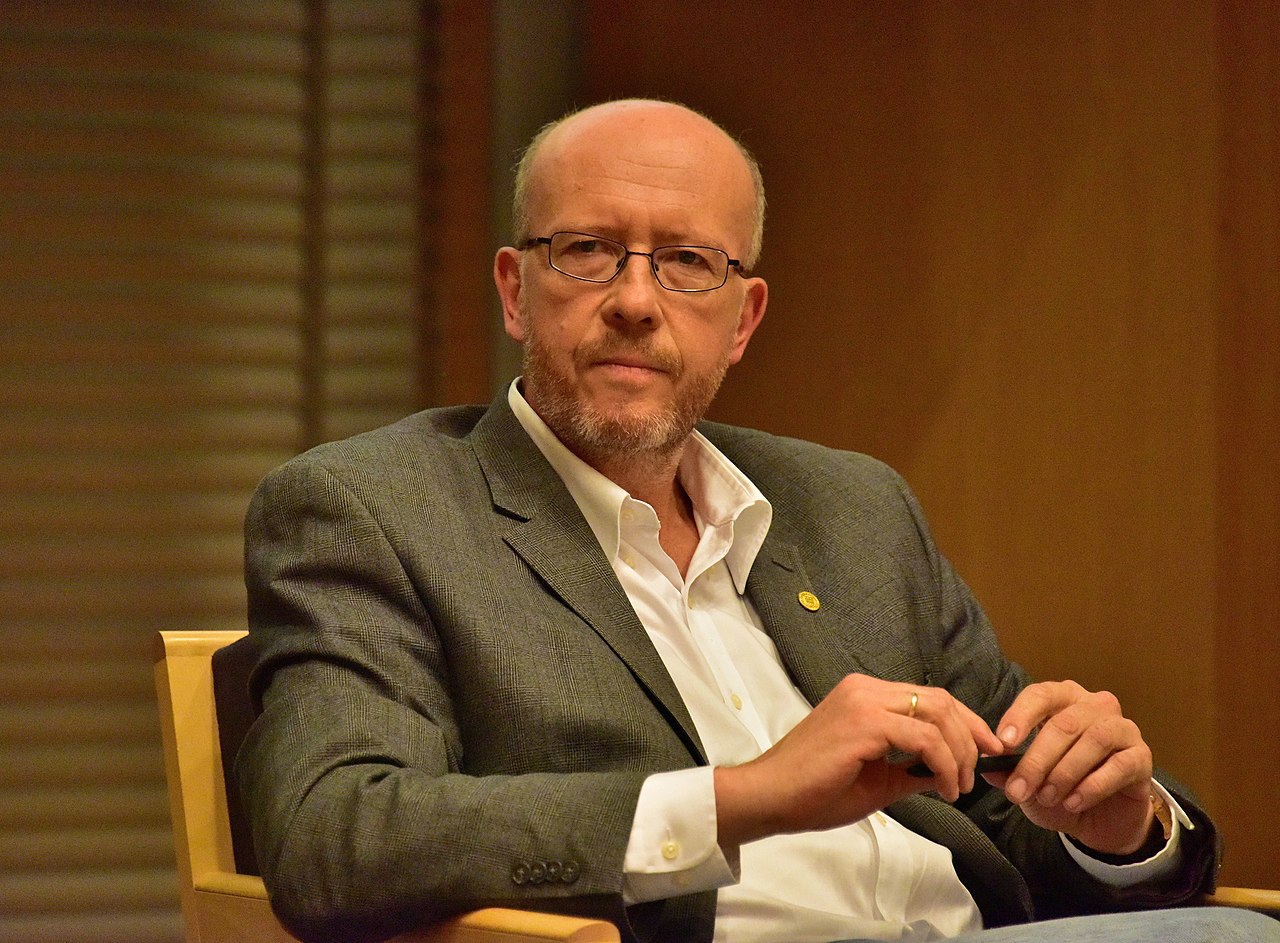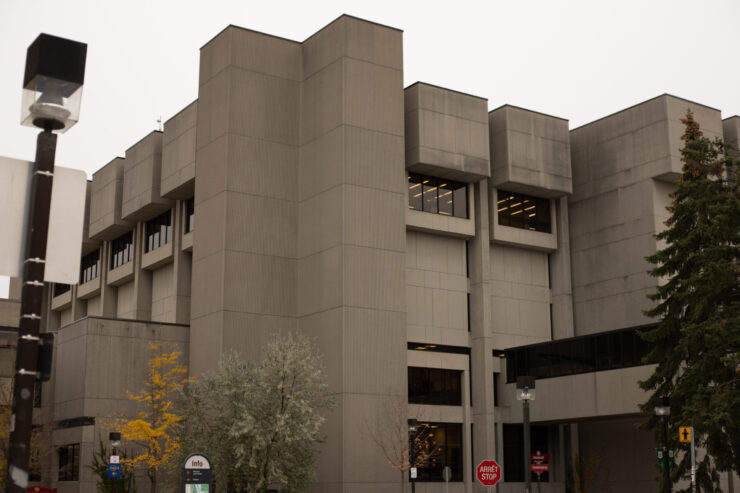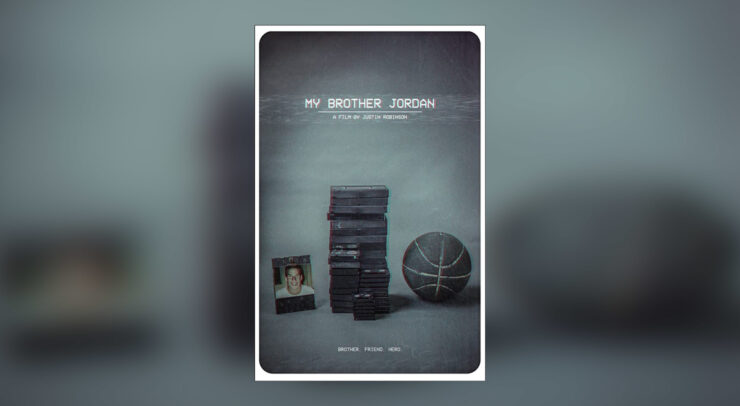Department chair claims the trial is the lead up of several years of intimidation and pushback towards the professor’s Holocaust research
The Polish court in Warsaw has found University of Ottawa history professor Jan Grabowski, along with his co-editor Barbara Engelking, guilty of libel on Feb. 21 in regards to their joint research.
The trial concerned a single paragraph in their 1,600 page research study entitled “Night Without End: The Fate of Jews in Selected Counties of Occupied Poland,” published in 2018.
The paragraph in question claimed that during the Nazi occupation of Poland, Polish mayor Edward Malinowski allegedly revealed the location of Jews hiding in a forest nearby, which resulted in their execution.
The case against Grabowski and Engelking was brought forward by the deceased mayor’s niece, Filomena Leszczyńska.
The study, which used the approach of microhistory by closely examining nine counties in Poland, allowed the historians to come up with precise numbers and percentages related to the Holocaust and Jewish survival rates in the areas, explained Grabowski.
“This is a very academic study,” he said in an interview with the Fulcrum.
According to an ABC News article, Leszczyńska sued both Grabowski and Engelking for USD $27,000 and an apology. The decision to try the pair for libel stems from a 2018 Polish law which criminalizes making false accusations about Poland’s history and involvement with the Holocaust.
“I am dismayed and stupefied,” said Grabowski on the lawsuit.
Grabowski pointed out this case is much more than a simple libel case, and as a result, he fears for the future of Holocaust research in the region.
A lack of access to archival resources in the country is a concern, given the fact that Poland was one of the locations of the Holocaust, explained Grabowski.
“The access to these materials here is essential for our study of the Holocaust,” he said.
Both the U of O history department and the university administration have put out statements in support for Grabowski. The professor said this support has made him “all warm and glowing.”
“The impact his work has had in Poland, and the censorious reaction it has generated, demonstrates this truth,” said U of O president Jacques Frémont in a statement.
“The University of Ottawa is committed to the sanctity of academic freedom and emphatically supports professor Grabowski’s right to pursue historical inquiry unencumbered by state pressure, free from legal sanction, and without fear of extrajudicial attack.”
When it came to support from Grabowski’s department there was “no need for rallying” said Damien-Claude Bélanger, chair of the history department at the U of O.
Bélanger also voiced a similar opinion to that of Grabowski’s — that this is far more than just a colleague’s work. For historians, this lawsuit is an attack on the work researchers do on a fundamental level.
“It’s the whole historical profession that is on trial here,” said Bélanger.
“The various laws and … political climate in Poland that are restricting historical research are not a phenomena restricted to just Poland,” explained Bélanger. “A number of countries, like Turkey for instance, have laws that restrict the scope and interpretation of historical research.”
As Bélanger noted, while the case has received international recognition, Grabowski’s colleagues have been aware of the pushback and assault on his research that has been occurring for years.
The U of O history department’s Facebook page and the chair’s email account have both received complaints asking for Grabowski to be fired. There have also been demands “to set the record straight” concerning his research.
In addition to the department and university offering their support, the U of O Human Rights Research and Education Centre and the Canadian Historical Association (CHA) are other organizations offering their support to the professor.
“We urge the Polish courts to protect accepted academic research norms and the Polish Government to protect the academic freedom so necessary to a democratic society,” read the statement from CHA.
While in Warsaw, Grabowski is still “zooming heavily” and supervising his graduate students, as well as teaching a seminar and third year lecture course on Holocaust history.
The Fulcrum reached out to the Polish embassy in Ottawa for a comment, but did not receive one in time for publication.
Grabowski plans on appealing the decision as soon as a written justification from the presiding judge is handed over to him and his lawyers.





